Graham Reid | | 1 min read
Polar Bear: Drunken Pharaoh
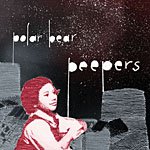
This fiery UK jazz quintet helmed by acclaimed young drummer/composer Seb Rochford (interviewed here) has really caught the attention of the British jazz (and elsewhere) imagination: they were nominated for a Mercury Prize a few years ago; Rochford picks up awards; the various members work in other outside (and very interesting) projects; and they bring a 21st century/post-modern ethic to their music.
By that I mean they draw on an enormously wide range of influences and alongside the double tenor frontline of Pete Wareham and Mark Lockhead they have acoustic bass (Tom Herbert) and Leafcutter John on guitar and electronics.
That instrumental array allows them to explore dark Waitsean mods (the clanking Drunken Pharaoh here), brittle free playing (the mercifullly brief Scream), subtle atmospheric tone poems (A New Morning Will Come) and vigorous upbeat swinging material which owes a little to Monk and Ellington (Happy For You). The title track is bright pop tune which skitters off in a funky direction over Rochford's and John's stabbing undercurrent, and Hope Every Day Is A Happy New Year takes a left turn from Ornette Coleman's Virgin Beauty album.
The gently cinematic, seven minute The Love Didn't Go Anywhere is a standout for its creation of an engrossing mood of dark streets (the lonely sax, the backdrop of guitar chords and electronics) and the album closes with All Here, a hushed piece which runs like the music in the closing credits to a sad European movie.
British jazz undergoes periodic surges -- the whole Loose Tubes/Andy Sheppard/Courtney Pine/Ronny Jordan period was the last high tide -- and right now with Polar Bear, Neil Cowley and others there seems to be another new and exciting era.
You could argue Polar Bear create jazz for people not much interested in "jazz" -- but they also make it for those who like their jazz with a bit of bite as much as with a dollop of history.

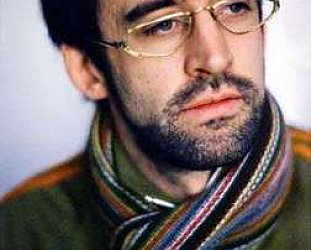
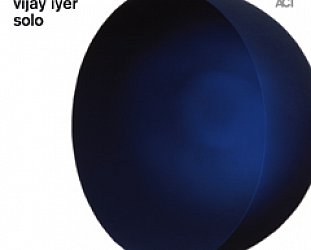
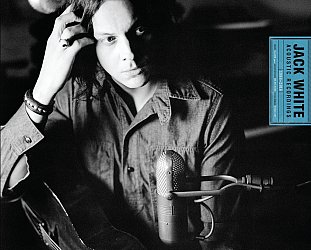
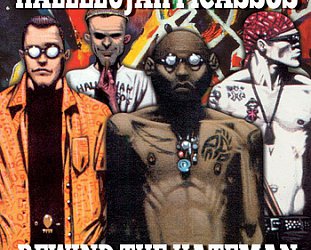
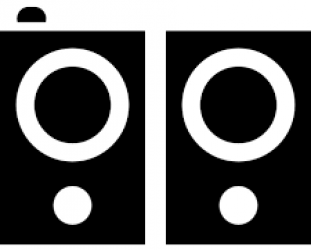
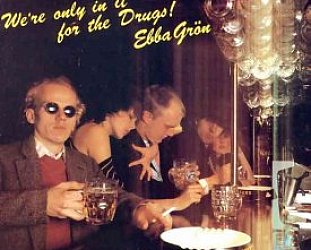
post a comment